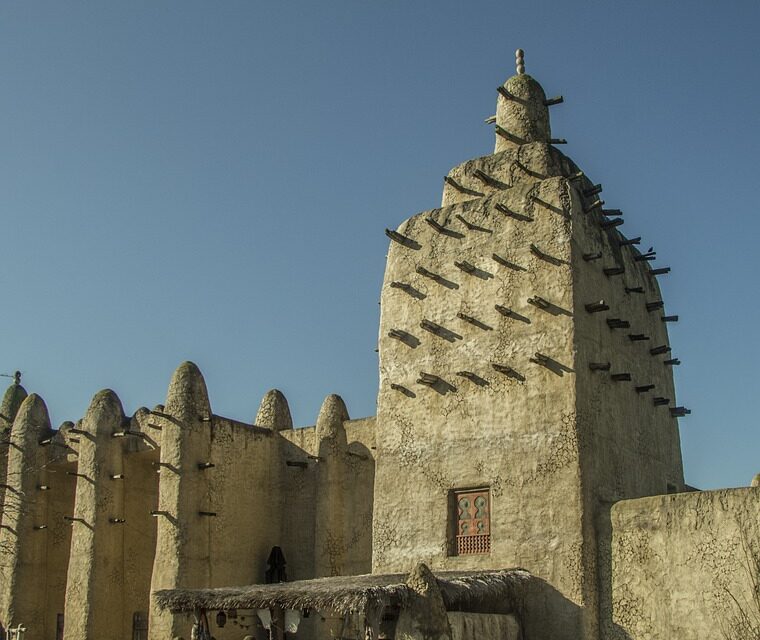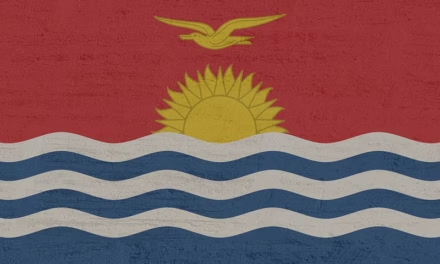When it comes to Africa, Mali stands out as a hidden gem brimming with cultural treasures, stunning landscapes, and unforgettable experiences. This West African nation is steeped in history and offers unique opportunities for travellers looking to immerse themselves in a destination where tradition and natural beauty go hand in hand.
Whether you’re mesmerised by ancient cities like Timbuktu, captivated by the music of Mali’s griots, or awestruck by the undulating cliffs of Bandiagara, there’s something for every adventurer. Let Mali sweep you off your feet as we guide you through its culture, landscapes, and hidden gems in this definitive guide.
Why Explore Mali?
Mali is much more than a destination you pencil into your travel wishlist; it’s an experience that will change your perspective on life, culture, and history. As the heartland of ancient African civilisations and the birthplace of world-class musicians and oral traditions, Mali holds monumental importance not only for its people but for the entire world.
Imagine a land where historic monuments sit alongside traditional villages rooted in ancient customs. Fancy breathtaking landscapes that shift from sandy deserts to lush riverbanks within hours of travel? That’s Mali.
Here’s what awaits you when you visit:
- A dynamic and rich cultural heritage: Mali is the home of the mighty Mali Empire – recall the legendary Mansa Musa – one of the wealthiest monarchs in world history.
- Landscapes that beg to be explored: The Niger River, Sahelian savannahs, and the cliffs of Bandiagara each tell their own awe-inspiring stories.
- World-famous music and arts scene: Mali produced iconic musicians like Amadou and Mariam, Ali Farka Touré, and Salif Keita, whose sounds still resonate globally.
- A place of spiritual enlightenment: Timbuktu resonates with global prestige—not as a remote name, but as a true centre of learning in the Islamic world.
A Deep Dive Into Mali’s Culture
The Legacy of the Mali Empire
Over the centuries, Mali has served as a beacon of ancient trade, scholarship, and artistic expression. At the core of Mali’s culture lies the Mali Empire (1235-1600s), a powerful West African civilisation that shaped much of the region’s identity. Known for trading salt and gold, the empire connected Africa to Europe and the Middle East through trade routes that bridged continents.
The legendary city of Timbuktu, a treasure trove of Islamic artefacts and ancient manuscripts, bears testament to the intellectual wealth of the empire. Today, visitors can explore the Ahmed Baba Institute of Higher Learning and Islamic Research, which houses manuscripts dating back to the 13th century.
The Role of Griots
No overview of Mali’s culture is complete without mentioning the griots, revered as both historians and storytellers. Griots are the custodians of oral tradition, responsible for preserving Mali’s history through songs, poetry, and storytelling passed from one generation to the next. If you attend a traditional Malian wedding or public gathering, chances are you’ll witness the griots weave their magic, recounting tales of ancient lineages and heroic deeds.
Food That Tells A Story
Malian cuisine is a delightful mix of flavours that reflect the country’s ethnic diversity. Vibrant spices, rich stews, and local ingredients create dishes that are as satisfying as they are delicious. Popular dishes include:
- Tô – A millet-based dish served with a savoury sauce.
- Jollof rice – A West African staple with tomatoes, spices, and sometimes fish or meat.
- Tigadèguèna – Peanut butter stew served with rice or couscous.
Exploring Mali’s Breathtaking Natural Landscapes
Mali’s landscapes are as diverse as its culture, each offering its own unique charms. Whether you are trekking the rugged cliffs of Bandiagara or floating lazily down the Niger River, the natural beauty of Mali will leave you enchanted.
1. The Cliffs of Bandiagara (Dogon Country)
Declared a UNESCO World Heritage site, the Bandiagara Escarpment is a 150-kilometre-long spectacle of cliffs that meld impressive geological formations with the rich traditions of the Dogon people. The Dogon villages, perched precariously on the cliff sides, offer visitors a chance to witness some of the most unique architecture and ways of life in West Africa.
Pro Tip: Plan your visit around one of the vibrant Dogon festivals. Their elaborate mask dances and ceremonies are unlike anything you’ve ever seen.
2. The Niger River
The Niger River, often referred to as the lifeline of Mali, flows serenely through the country from Guinea to Nigeria. Along its meandering path are bustling river ports like Mopti, also dubbed the "Venice of Mali." A boat trip on the Niger River provides an unmissable opportunity to see the countryside in all its glory.
Explore idyllic small villages, witness fishermen at work with traditional nets, and soak in the breathtaking views of riverbanks teeming with life.
3. Sahara Desert Adventures
Carve out time to visit Mali’s slice of the Sahara Desert, a dream destination for those with a thirst for raw, untamed beauty. Whether it’s riding camels across golden dunes or camping under star-strewn skies, the experience is otherworldly.
4. The Great Mosque of Djenné
The town of Djenné, one of Africa’s oldest settlements, is home to the Great Mosque of Djenné – the world’s largest mud-brick structure and a UNESCO World Heritage site. Built in 1907, this architectural marvel is not only a centre of Islamic worship but also an emblem of Mali’s intricate architectural traditions.
Travel Tips: How to Experience Mali Safely and Responsibly
Mali’s tourism potential is vast, but as with any destination, it requires preparation. Use these travel tips to enhance your experience:
- Cultural Etiquette: Malian society is deeply traditional, and respecting local customs is vital. Always dress modestly, particularly when visiting mosques or rural areas.
- Travel Seasons: The best time to visit is between November and February when temperatures are cooler and festivals are in full swing.
- Engage Local Guides: The rich history behind landmark sites like Dogon Country and Timbuktu is best understood with the help of expert guides. Check out Nihosi Travels & Tours (www.nihositravels.com) for knowledgeable local experts who can enhance your exploration.
- Respect Environmental Conservation: Whether in Dogon Country or on the Niger River, maintain ‘leave no trace’ principles to safeguard Mali’s breathtaking environments.
Essential Festivals You Don’t Want to Miss
Mali is bursting with annual festivals that celebrate its traditions, music, and art. Here’s a quick rundown of some must-attend events:
- The Festival in the Desert: Traditionally held near Timbuktu, this festival is a showcase of Saharan music, dance, and culture.
- Segou Festival on the Niger: A vibrant expression of traditional and contemporary arts along the Niger River.
- Mask Festivals of the Dogon: A colourful celebration where ancient rituals take the stage as villagers don elaborate masks and perform ceremonial dances.
FAQ Section
What is the best time to visit Mali?
The ideal time to visit Mali is between November and February, when the weather is cooler, and cultural festivals abound.
Is travelling to Mali safe?
Travel advisories vary, so check the latest updates before planning your trip. Hiring a local guide through reliable tour services like Nihosi Travels & Tours is recommended to ensure a safe and enjoyable journey.
What should I wear in Mali?
Dress modestly to respect local traditions. Lightweight, long-sleeved clothing is ideal for both sun protection and cultural appropriateness.
Can I visit Timbuktu?
Timbuktu is an iconic destination within Mali, but accessibility and safety concerns mean careful planning is essential. Guided tours are highly recommended.
Final Thoughts
Mali is an adventurer’s paradise that combines spirituality, history, and natural beauty in unforgettable ways. Whether you’re marvelling at ancient ruins, enjoying a sunset over the Niger, or listening to the soulful rhythms of Malian music, this land offers experiences you’ll cherish for a lifetime.
Explore Mali with open arms, and let its timeless charm weave its magic around you. Ready to pack your bags? Visit Nihosi Travels & Tours today to start your journey into Mali’s vibrant culture and awe-inspiring landscapes.
Meta Description: Discover the ultimate guide to exploring Mali’s rich culture, breathtaking landscapes, and historic treasures. Plan your Malian adventure with expert tips and insights.












Subscribe To Our Newsletter
Join our mailing list to receive the latest news and updates from our team.
You have Successfully Subscribed!